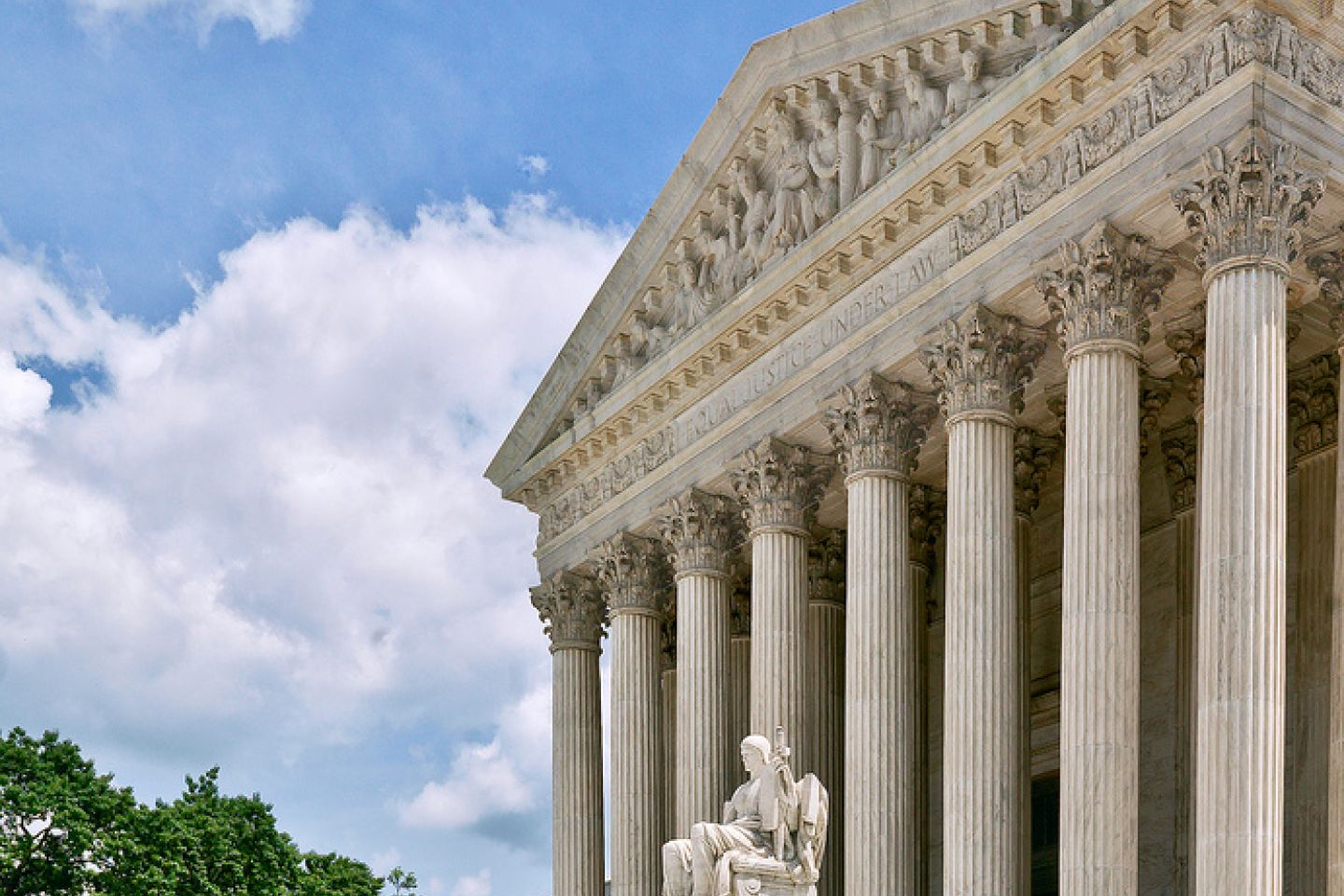What We're Working On: the SCOTUS Commission, Misconduct Reform, Disclosure Reform, and More
 1. SCOTUS Reform Commission, Part I. Yes, it was a poor choice only to include academic types and not add those of us in the field working with Capitol Hill and judicial administrators to modernize the third branch. That said, there will be opportunities for advocates to participate in their work in the near future.
1. SCOTUS Reform Commission, Part I. Yes, it was a poor choice only to include academic types and not add those of us in the field working with Capitol Hill and judicial administrators to modernize the third branch. That said, there will be opportunities for advocates to participate in their work in the near future.
2. SCOTUS Reform Commission, Part II. The only really galling part of Friday’s announcement was the immediate, bad-faith Republican opposition to it. The same Republicans support the very changes to the Court that the Commission will discuss! Tyler lists some of the pro-reform Rs at this link, and please note that every “fix” — from term limits to livestreaming to an ethics code to stronger travel/gift/stock disclosures — is supported by more than two-thirds of Ds and Rs alike.
3. Laws, not lip service. Earlier today, three leaders in the movement to hold judges accountable for sexual misconduct (Root Martinez/Litman/Coleman) sent a letter to the House’s Courts Subcommittee saying now is the time to enact meaningful reform via statute to protect judiciary staff and ensure there’s legal recourse when misconduct occurs. As you know, Article III employees aren’t covered by Title VII’s anti-discrimination and anti-harassment protections.
4. Complaint update. FTC lodged three complaints against federal judges in February — two informal, one formal — and here’s the latest. First, there’s no update on the formal one against Judge Dawson and the informal one against Judge Pratt. But we did locate the 2013 complaint (05-13-90044) against Judge Hughes for his racist remarks. Turns out three more formal complaints (05-18-90035, 05-16-90116 and 05-13-90046; see this) may have been levied against him subsequently, and all four were closed on the same day in 2020 (!), with no fanfare. In the first order, Hughes said he’s “committed to being more careful in the future.” (He hasn’t been.) We don’t know for sure it’s Hughes in the other three because the orders just say “judge” — that should be fixed — but read the orders yourselves and see what you think.
5. Nominee FDs. Yesterday, Free Law Project and FTC sent a letter to Sens. Durbin and Grassley asking that they release judicial nominees’ financial disclosure reports (which are ~95% similar to the reports they’d file annually if confirmed) and statements of net worth at the end of their public Senate Judiciary Questionnaires. The Committee historically has done this for SCOTUS but not for district/circuit nominees. With lower judges’ disclosures on a two-year public release lag, the SJQ — with FDs/SoNWs included — can become a critical accountability document.
6. Judicial security. Last year, FTC and other nonprofits worked with Sens. Menendez and Booker to ensure that the judicial security measure initially proposed by the Judicial Conference would not, when turned into legislative language, also be an unconstitutional prior restraint. (You’d think judges would know better but no.) We were successful in removing criminal penalties for noncompliance from version 2 of the bill and in carving out a media exemption. But the bill died in December, and we’ve not seen a new version, so we want to be sure we don’t regress to the initial JCUS draft, as per this Just Security op-ed published today.
7. Endorsement. FTC has endorsed its first bill of the new Congress, a resolution that condemns the racist and ethnocentric “insular cases” and calls for their holdings to be rejected in their entirety. Not a hard call, since we endorsed last session. Check out our reasoning in this one-pager from Dylan.
8. SCOTUS doc. If you haven’t watched it yet, please take a look at CBS News Originals documentary released Sunday on reforming the Court. In just 28 minutes, it covers a ton of ground, focuses on term limits and judicial overrides, and instead of Noah Feldman saying something controversial and everyone on Twitter rebutting it, the doc flips the script, and Gabe says something controversial about halfway through, and then Feldman rebuts it.